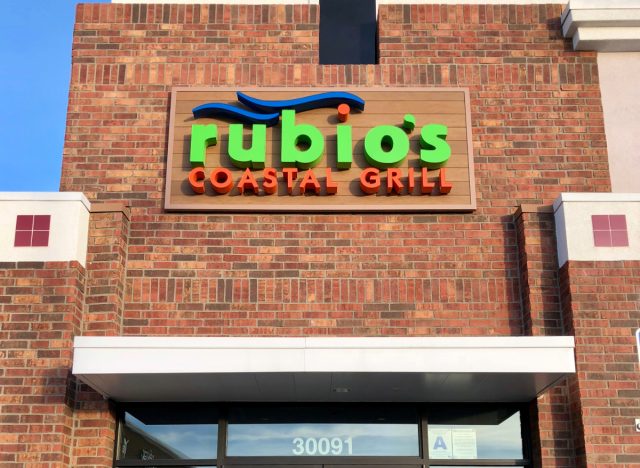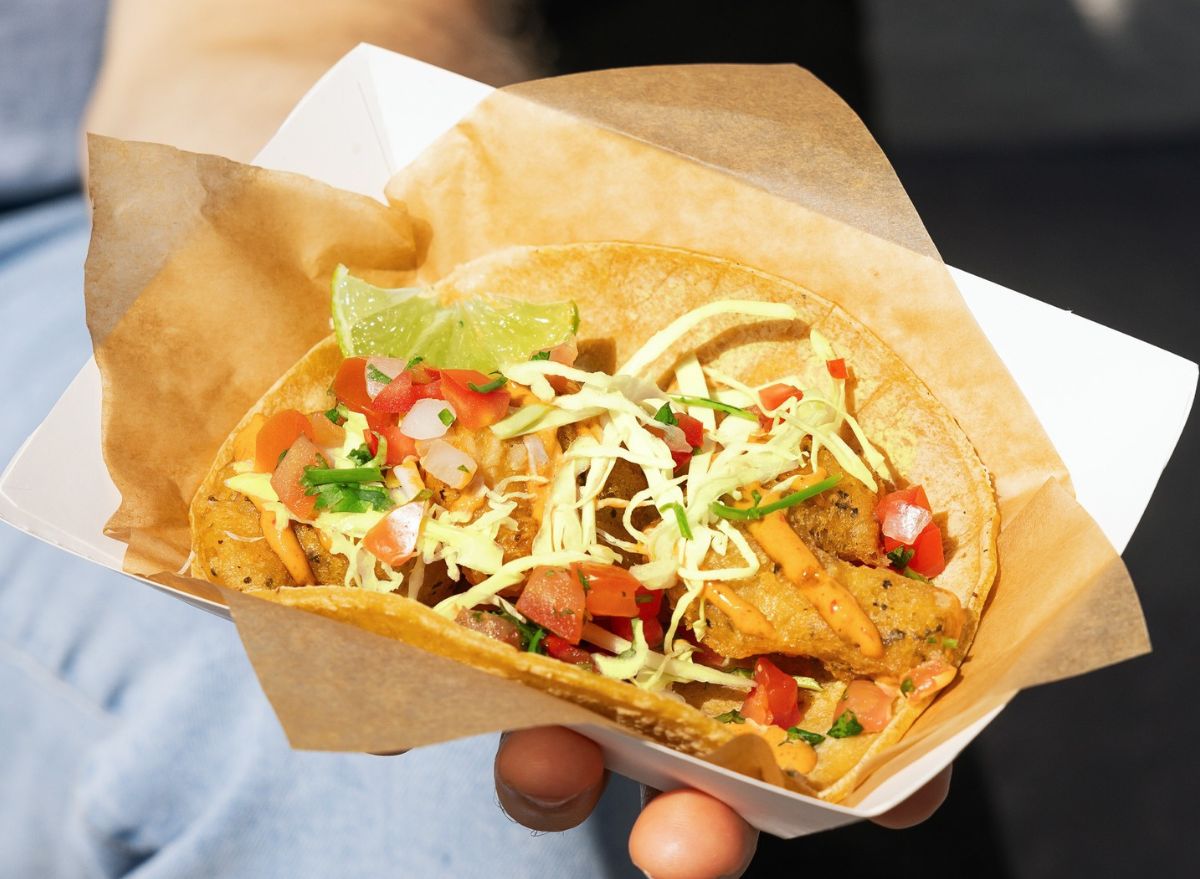Popular Mexican Chain Declares Bankruptcy After Closing Dozens of Locations
A popular Mexican chain made major headlines in May when it abruptly closed 48 underperforming restaurants. The chain’s financial struggles have now come to a head as it resorts to bankruptcy to save the business.
Rubio’s Coastal Grill—a fast-casual restaurant chain known for its fish tacos and other Mexican fare—announced a Chapter 11 bankruptcy filing on June 5. This is Rubio’s second bankruptcy in just a few years following an earlier Chapter 11 filing during the COVID-19 pandemic. The company attributed the latest bankruptcy to rising costs, declining customer visits, and California’s recent minimum wage hike, which requires fast-food chains with more than 60 locations to pay their employees $20 per hour.
“Like the restaurant industry overall, Rubio’s has been negatively affected over the past few years by diminishing in-store traffic attributable to work-from-home practices remaining in place and by rising food and utility costs that, combined with significant increases to the minimum wage in California, put pressure on a number of its locations,” Rubio’s said in a press release.
The restaurants that Rubio’s shuttered last month were all located in California, including 13 in the San Diego area, 24 in the Los Angeles area, and 11 in the northern part of the state. At the time, a spokesperson blamed the closures on “the rising cost of doing business” in the Golden State following the minimum wage hike.

“While painful, the store closures are a necessary step in our strategic long-term plan to position Rubio’s for success for years to come.”
However, Rubio’s Chief Restructuring Officer Nicholas Rubin said in a new statement on June 5 that its financial woes haven’t eased following the closures.
“Despite the Company’s best efforts to right-size the company, the continued challenging economic conditions have negatively impacted its ability to meet the demands of its debt burden.”
The company said that it’s looking to “facilitate the sale of the business” through the Chapter 11 move and believes this will help set it up for long-term success. Rubio’s expects the sale transaction to be completed within 75 days. In the meantime, its remaining 86 locations across California, Arizona, and Nevada will continue operating as normal.
Rubio’s is only the latest in a string of major bankruptcies shaking up the restaurant industry in 2024. Red Lobster announced on May 19 that it had filed for Chapter 11 bankruptcy to “address several financial and operational challenges,” in the words of CEO Jonathan Tibus.
In recent years, the seafood chain has struggled with elevated food and labor costs, restaurant closures, and major operating losses. It shuttered dozens of restaurants nationwide last month, and court documents indicate that more than 100 additional locations could be at risk of the same fate.
Other restaurants and food companies that have resorted to bankruptcy this year include Florida’s legendary Brocato’s Sandwich Shop; the Florida-based Tex-Mex chain Tijuana Flats; the Portland, Ore.-based ramen chain Boxer; the Midwestern ice cream and dairy brand Oberweis Dairy; the New York-based chicken chain Sticky’s Finger Joint; and the parent company of upscale grocery chains Dom’s Kitchen & Market and Foxtrot Market. All Dom’s and Foxtrot locations closed ahead of the bankruptcy filing, but Foxtrot is planning to reopen several of its stores, a spokesperson recently told CSP Daily News.
